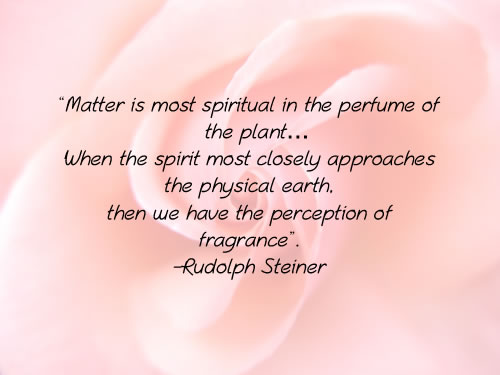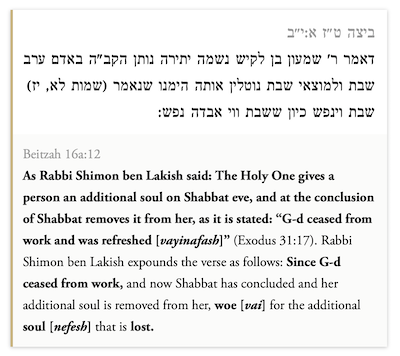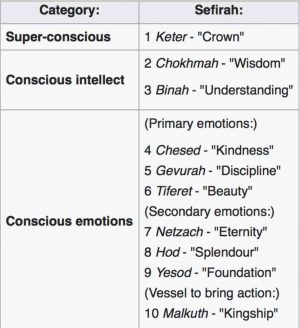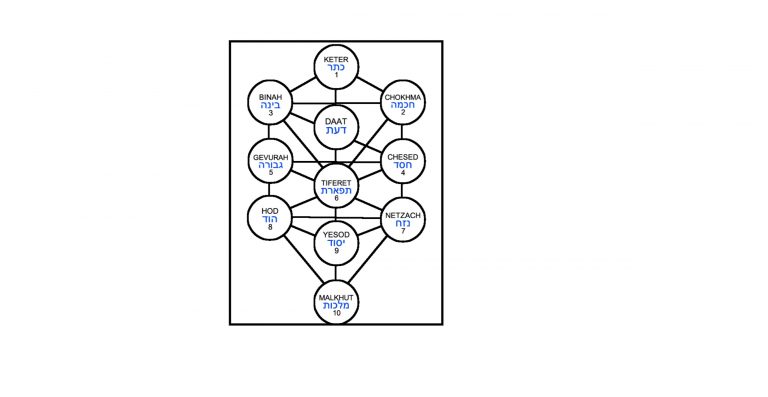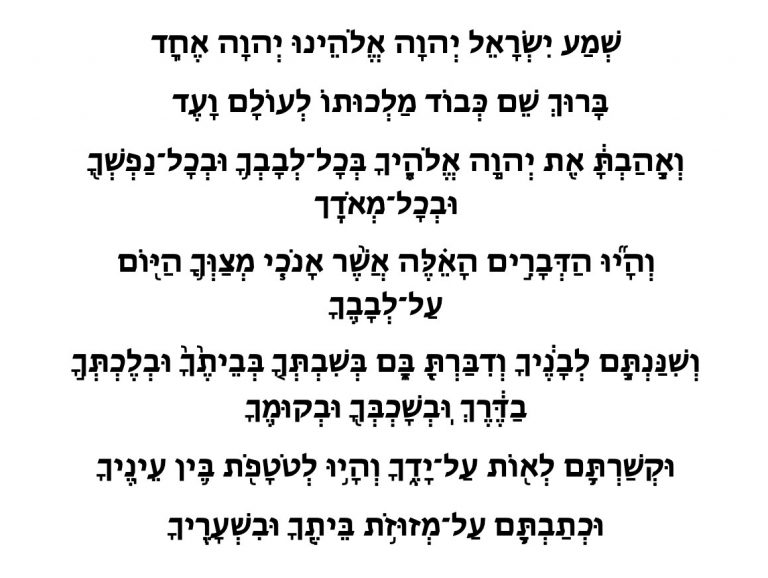Torah Scents – Part 2
Today we continue the information found in Chapter 1 – Aromatic Elements of Creation
of the book Mystical Aromatherapy, The Divine Gift of Fragrance, by Avraham Sand. In this series, I’m specifically focusing on information regarding Biblical references. There is so much more information in this amazing book. I highly recommend it.
Botanical Plants
Botanical Plants were created on the third day of creation. They bring food for sustenance and medicine to treat every sickness and disease. The highly aromatic and medicinal varieties were later scattered to the four corners of the earth.
“Fragrance still has the power to transport us through vast spans of time, even to past lifetimes, and to trigger vivid memories”.
All of our senses, except for the sense of smell, were mentioned in the Creation Story
When Adam & Eve ate the forbidden fruit, so all of the senses except for the sense of smell fell into a lower spiritual category. “Only the sense of smell was not involved in the original sin” and has remained holy. Therefore, “..our olfactory ability is still potentially as pure today as it was when it was first created.”
“At Mount Sinai, Moses received recipes and instructions for producing the Temple Incense and the Anointing Oil, putting many of these aromatic Materials to sacred use.”
Many of these fragrances were important and valuable trade materials in the ancient world and caravans traveled along famous spice routes between Egypt and Europe. We know from the Torah that Jacob carried perfumes. We also know that when Joseph was sold by his brothers he was taken to Egypt by a caravan of perfume merchants (perfume, herbs, plant extracts, aromatics).
Mordechai & Myrrh
Pure Myrrh (Mor Dror) is mentioned in connection to the Anointing Oil used in the Temple. According to Rashi, pure myrrh is the chief of all the spices (Rosh Besamim).
There are some interesting points made regarding the connection of Myrrh & Mordechai:
- The men of the Great Assembly are compared to the spices and their leader was named Mordechai.
- Onkelos calls Myrrh “MariDachya” in Aramaic, which are the same letters as Mordechai (MoRDeChaY)
- Mordechai was the leader of all righteous people of his generation
- Mordechai worked to “finely grind” Haman & his 10 sons (completely nullified them) which relates to the properties of myrrh; as Myrrh is beloved to nullify evil.
Shabbat
“Shabbat (or Sabbath) falls every seventh day of the week, from Friday just before sunset until dark on Saturday night. It is a day of rest, marking the time when God stopped creating after after the six days of creation. Shabbat recognizes God as Creator of the Universe and as Redeemer of Israel from Egypt.”- read more about Shabbat
“As a person reaches higher a spiritual level, they ultimately begin to emanate a scent that more and more resembles the aroma of paradise, none other than the sacred fragrance of the Temple, imbued with incense."
Havdalah
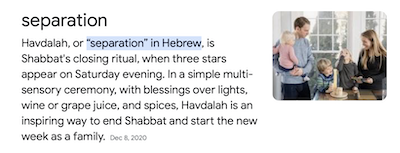
The word Havdalah means separation. The ritual of Havdalah is performed to signify the separation between a Holy Day (Shabbat or Yom Tov) and an average day (mundane).
During the Havdalah ceremony, we say a blessing over wine, light a candle, and say the blessings over fragrant spices. The spices (or sweet fragrances) are used to comfort and strengthen us when the extra soul (Neshama Yerirah) that we receive on Shabbat departs.
As we bless the candle light, it is believed that the extra soul that we have over Shabbat departs through our fingernails (personal note: I had major chills when I read this.) Other sources say the during Shabbat the fires of the underworld are subdued, and when Shabbat ends, they are lit again, creating a foul odor. The sweet scent of the fragrances give our Neshama relief from this foul odor.
The Dynamics of Creation
According to the Holy Zohar, only the lower seven Sefirot were shattered in the initial stages of creation. The upper four remained intact.
There are 11 spices in the Ketoret (Temple incense).
The formula was revealed to Moses (Moshe Rabeinu) at Mount Sinai (Har Sinai). Of the 11 spices in the Ketoret, 4 major fragrances are mentioned in the written Torah, which correspond to the 4 Sefirot that remained intact during creation. Additionally, these four ingredients comprise of 80% of the mixture.
The other seven spices correspond to the remaining 7 Sefirot that shattered during creation. These 7 spices are mentioned only in Oral Law, which was carried down from generation to generation.
When finely ground, the spices released their essential oils. The rhythmic chanting that was done while grinding the spices gave the incense its mystical powers of Life over Death & the ability to imbue a person with Prophecy (Nevua).
The Creation of Man
In the Garden of Eden, Adam & Eve (Chava) wore garments of light and the Garden of Eden had the most beautiful fragrance in the world. According to Rabbi Meir: The “Other side” (Sitra Achra) caused them to receive another garment (a body, a klipa) to act as a shell or protective layer. This left them with a deep impurity (zehuma) that brings death & decay into this world.
Various states of zehuma reveal themselves to the trained aromatherapist, providing information as to the person’s state of health. (On a personal note, I once smelled a very subtle yet foul odor when in proximity to a friend of mine many years ago. At the time, I wondered about the foul odor, which I did not recall ever experiencing before. I’m quite positive that the odor was not due to personal hygiene. Unbeknownst to me, this friend was very ill at the time. When I read this passage in the book, I understood that I was actually “smelling” the disease.)
Primordial Roots of Aromatherapy
Our sense of smell was the only one of the 5 senses that is not specifically mentioned in the sin of eating from the Tree of Knowledge, as follows:
- Eve “listened” to the snakes
- “saw” the good fruit
- “touched” it
- “tasted” it
Our sense of smell never became corrupted and still remains a pure soul experience and is “the primary vehicle of our enlightened Super consciousness, which is known as “Ruach HaKodesh” (Holy Spirit). Unlike the other senses, the olfactory system has direct access to the limbic brain area. (the area associated with dreams, intuition, & higher consciousness)
“Moses was taught the mystery of the Ketoret by none other than the Angel of Death”
Why was Moses privileged to learn the secrets of the Ketoret? Because Moses (Moshe Rabeinu) built himself up by this own efforts and good deeds and was not like Adam, who did nothing to deserve the “exalted levels” that were loaned to him.

